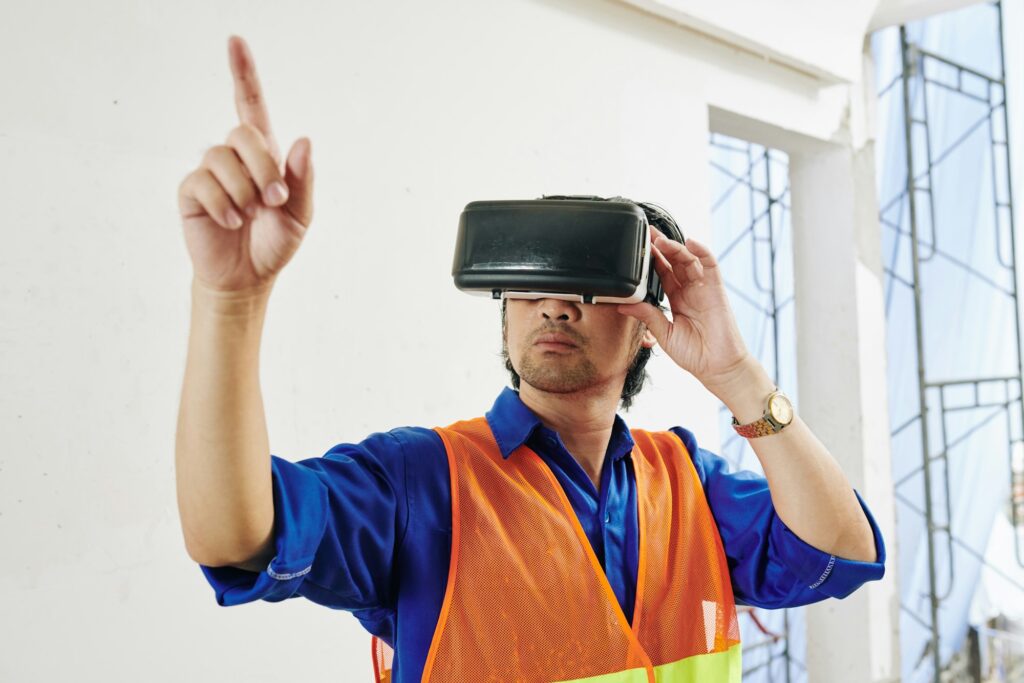The Intersection of Marketing and Technology: Navigating the Future
In today’s digital age, technology has transformed how we market our products and services. There needs to be more than the traditional methods of advertising and promotion. The rise of social media, mobile devices, and artificial intelligence has changed how consumers interact with brands. As a result, marketers must adapt to these changes and leverage the latest technologies to succeed in the ever-evolving landscape. This blog post will explore the intersection of marketing and technology and how businesses can navigate the future.
1. Data Analytics: Data analytics is analyzing large data sets to uncover insights and trends. Data analytics can help marketers better understand their target audience and create more effective marketing campaigns.
Marketers can identify patterns and make informed decisions by analyzing data from social media, website traffic, and customer behavior. Data analytics tools like Google Analytics, Hubspot, and Hootsuite are essential for any business looking to leverage the power of data.
2. Artificial Intelligence (AI): Artificial Intelligence (AI) is the simulation of human intelligence in machines. AI has transformed how marketers approach customer service, lead generation, and personalized marketing. AI-powered chatbots can provide 24/7 customer support and answer common queries.
AI algorithms can help businesses identify potential customers and create customized marketing messages. AI is still in its early stages but has immense marketing potential.


3. Augmented Reality (AR): Is the technology that overlays digital information in the real world. AR can revolutionize how we shop and interact with products.
For example, furniture retailers can use AR to let customers see how a couch would look in their living room. Beauty brands can use AR to let customers try on virtual makeup. AR is still in its early stages, but its marketing potential is enormous.
4. Mobile Marketing: Mobile devices have become integral to our lives, and marketers must adapt to this trend. Mobile marketing involves creating mobile-friendly websites, apps, and SMS marketing campaigns.
Mobile marketing can help businesses reach customers on the go and create personalized experiences. Mobile marketing is a rapidly growing field, and companies that ignore it do so at their peril.
5. Social Media Marketing: Social media has become a powerful marketing tool for businesses of all sizes. Social media marketing involves creating content that resonates with your audience and leveraging paid advertising to reach new customers.
Social media platforms like Facebook, Twitter, and Instagram can help companies to reach a wider audience and engage with their customers. Social media marketing is ongoing, and businesses must stay up-to-date with the latest trends and algorithms.

Finally, the intersection of marketing and technology is rapidly evolving, and businesses must adapt to stay relevant. The key is to keep up-to-date with the latest trends and technologies and be willing to experiment. By leveraging data analytics, AI, AR, mobile marketing, and social media, businesses can create more effective marketing campaigns and stay ahead of the competition. The future is bright for those willing to embrace the intersection of marketing and technology.
Contact: https://jonnys.media
Let’s take your business to the next level together! 🚀💼
#EcommerceSuccess #BusinessWithoutBudget #OnlineSelling #DropServicingCourse #softwaredevelopment #audioedition #webdevelopment #appdevelopment #musicproduction
